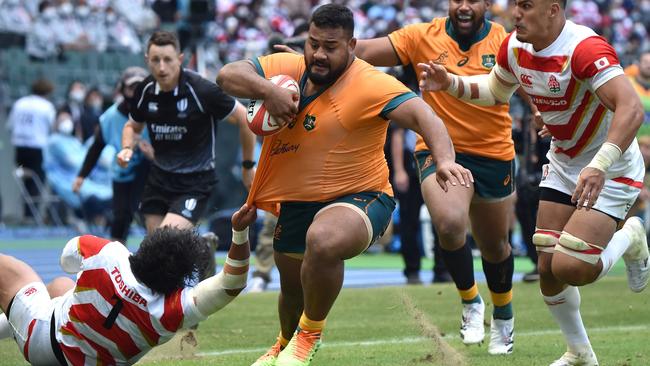
Plenty of teams have managed to unsettle the Kiwis for short periods this season but Ireland, under the guidance of, would you believe, the former rugby league international Andy Farrell, took the All Blacks to the cleaners for 80 minutes.
The statistics are intimidating.
Ireland, 59 per cent of the possession and 70 per cent of the territory; Ireland, 782m run, the All Blacks, 479m.
Ireland have rewritten the playbook on how to beat the Kiwis.
Forget about building scores and taking the easy three-point penalties, Ireland showed that if you back yourself and keep the pressure on the All Blacks, they are very beatable; which, unfortunately, is where the Wallabies appear to be right now – very beatable.
On this so-called spring tour, it has been, for the Wallabies, a winter of discontent.
Last week, it was England.
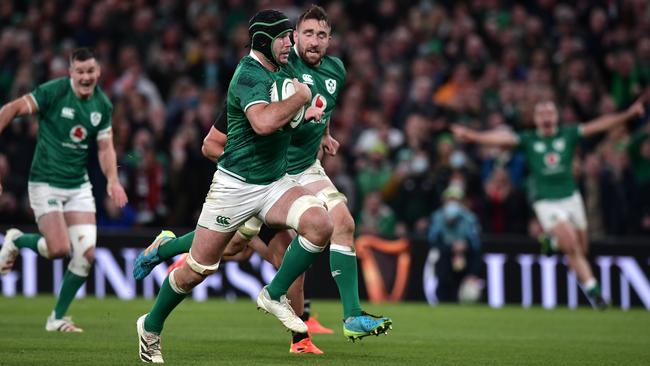
To be fair to Australia, they played with some of their best talent off the field.
I have said all along that Quade Cooper has been the quiet inspiration of many successful sides.
Cooper in and we are a different side; Cooper out and we have little idea of what to do with the football.
Now captain Michael Hooper is out for the Test against Wales.
Who is to know what is going on in the players’ heads?
But, when playing at this level, you must let the past stay in the past and be excited and challenged by the future.
Wales are a good outfit and the Wallabies face the reality that an awful lot rides on this Test match.
They must salvage something.

Only a win will prevent the conclusion that we are a long way from the top of the rugby ladder.
Last week I mentioned the Grand Slam of 1984. We also faced Wales in game three of that Spring Tour.
Cardiff Arms Park was like a giant rugby cathedral with 65,000 Welshman singing in harmony.
We were getting dressed in the change room under the main stadium.
I felt I had to say something.
So, I did.
“Forget that lot out there”, I said. “There will be millions of Australians at home singing our anthem. We will outdo them on the music and we will outdo them on the paddock.”
Privately, deep inside, I was actually wondering whether anyone at home would be watching?
But I used the occasion to challenge my team to lift.
We knew Wales would come for us with blitz defence in the centre of the paddock, so we attacked them down the blindside with two breathtaking tries.
The first by Tommy Lawton was special.
Nick Farr-Jones made a break down the short side with the great Roger Gould in support.
He drew the scrambling cover defence and put Peter Grigg on his way to the corner.
Griggy realised he might be bundled into touch, so he threw what we called a “Hail Mary” pass back inside.
I always stressed that the ball carrier must have support inside and outside.
And so it was with the pass inside to Lawton, who scored on the very same spot that his grandfather had scored for the Wallabies at the same ground in 1927.
The second try was another blindside raid, designed to expose the Welsh number 8, Eddie Butler, who had not played for three weeks before this Test.
From the base of a scrum on the left, Steve Tuynman popped the ball to Farr-Jones, who put the mercurial David Campese away down the left touchline.
Campo beat three scrambling defenders with a beautiful left foot step, then linked with Simon Poidevin, who tipped it on to Michael Lynagh, to score under the posts.
The key story here is we played with the ball in the hands, in the air, not on the ground.
We also scored two tries in the second half – the first a pushover, thoroughly rehearsed try, and to do that to a mighty Welsh pack at Cardiff Arms Park broke new ground for the Wallaby forwards.
Mark Ella scored our last try with a splendid intercept as Wales threw the kitchen sink at us late in the game.
While the 28 to 9 victory was well celebrated, the real celebration derived from incredible ball handling skills based on training sessions that repetitively emphasised skill being executed at speed.
Of Wales’ three most recent Tests, the first was against New Zealand.
Wales couldn’t get their lineout functioning and the All Blacks played some breathtaking rugby to run up more than 50 points.
The lesson for the Wallabies is to attack the Welsh lineout, force turnovers, keep the ball alive with backs running straight and moving the Welsh forwards around.
Don’t worry about points. They will come.
The Welsh were then significantly improved against South Africa, giving the Springboks a huge fright and going down only narrowly at the death.
But the Springboks dominated the Welsh pack at scrum time and in driving mauls.
I repeat, Taniela Tupou, must be in our run-on side, and if he is, we can go after the Welsh scrum.
The lessons here are simple.
The Kiwis attacked the Welsh lineout and played up-tempo rugby; South Africa targeted Wales in the scrum; and in their final game, against Fiji, although Wales rested key players to be ready for us at the weekend, Fiji targeted the breakdown area and were rewarded.
As I have said many times, these international teams bring a heavy blitz defence to the occasion.
There is space behind the line, especially when we are deep inside their 22.
If we play as a 15, we can also play through this defence; but the forwards will have to play maul ball, not ruck ball.
Move the maul forward, drag the opposition forwards out of their defensive backline and then we have room and space to attack.
Can we win?
Of course we can
Will we win?
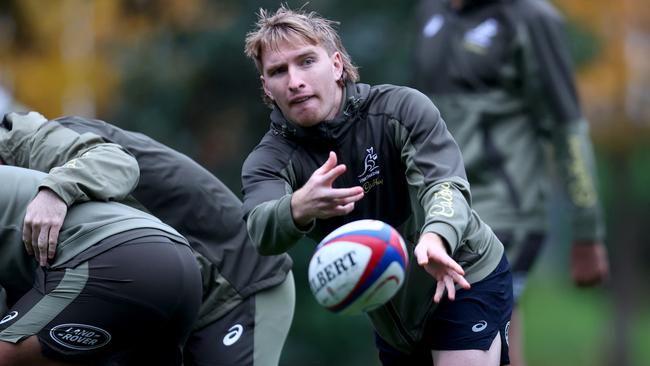
Well, that depends on what mindset we take into the game; and I suppose it depends on one other thing.
Are we going to have to witness another boring whistleblowing affair?
It is tiresome.
It is northern-hemisphere stuff, referees and television match officials completely overplaying their hands.
It is driving players, spectators and commentators nuts.
World rugby, if it is to be worth anything, must address this issue.
We have referees and TMOs dictating the tempo of the match, instead of the teams.
Rugby has always been a players’ game, but we seem to have a new breed of referees who seem more interested in their profile than in the good management of the game.
The Wallabies need a win.
We all know that.
When there are only two in the contest, a win is certainly possible.
But this will be difficult.
However, if we give the players their heads, play the ball in the air and not on the ground, run straight and play the width, we are capable of anything.




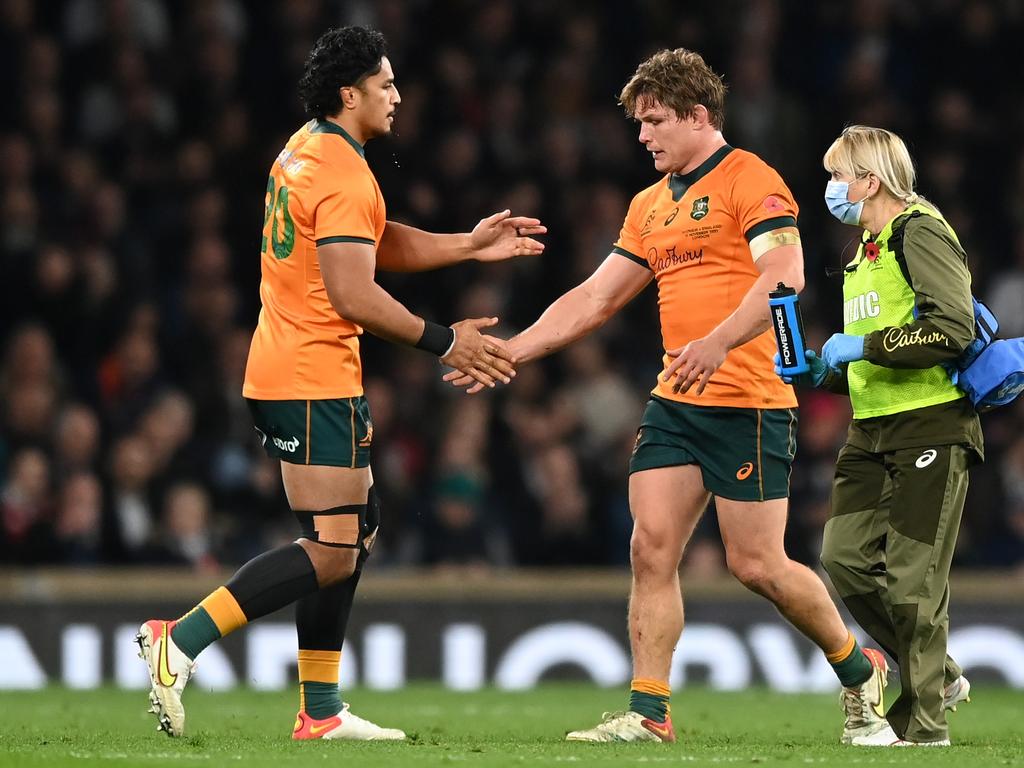
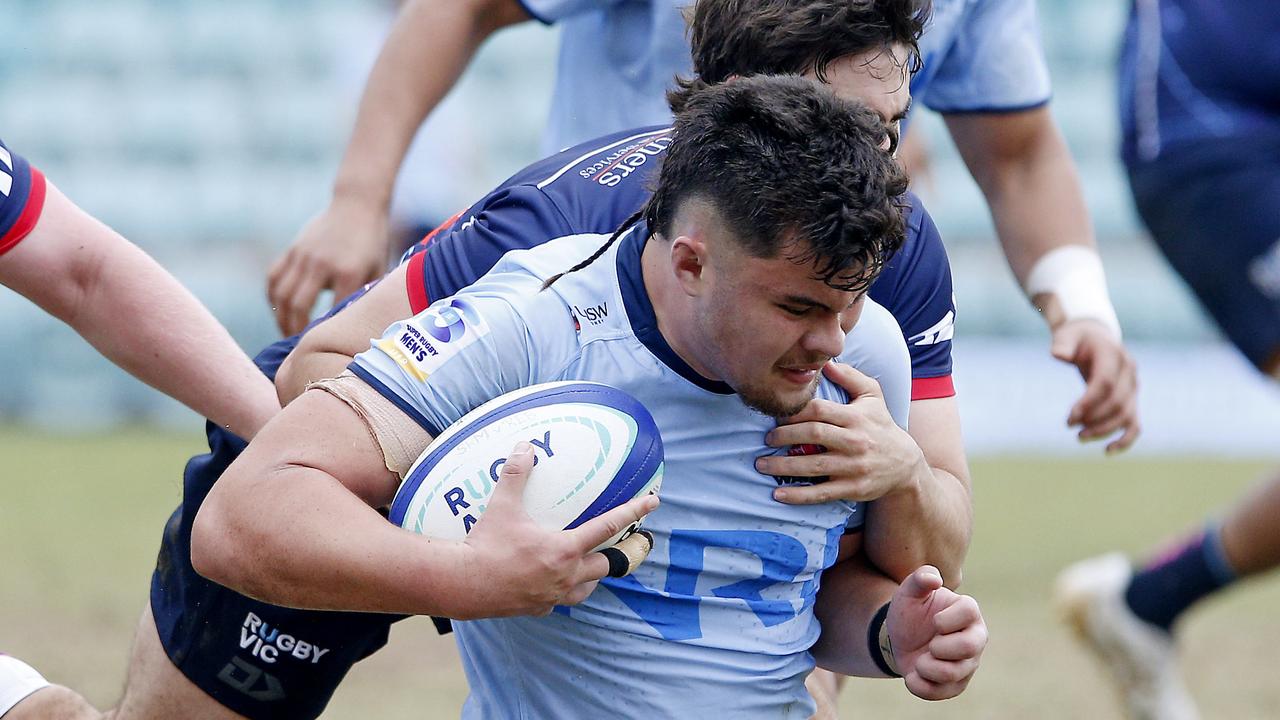
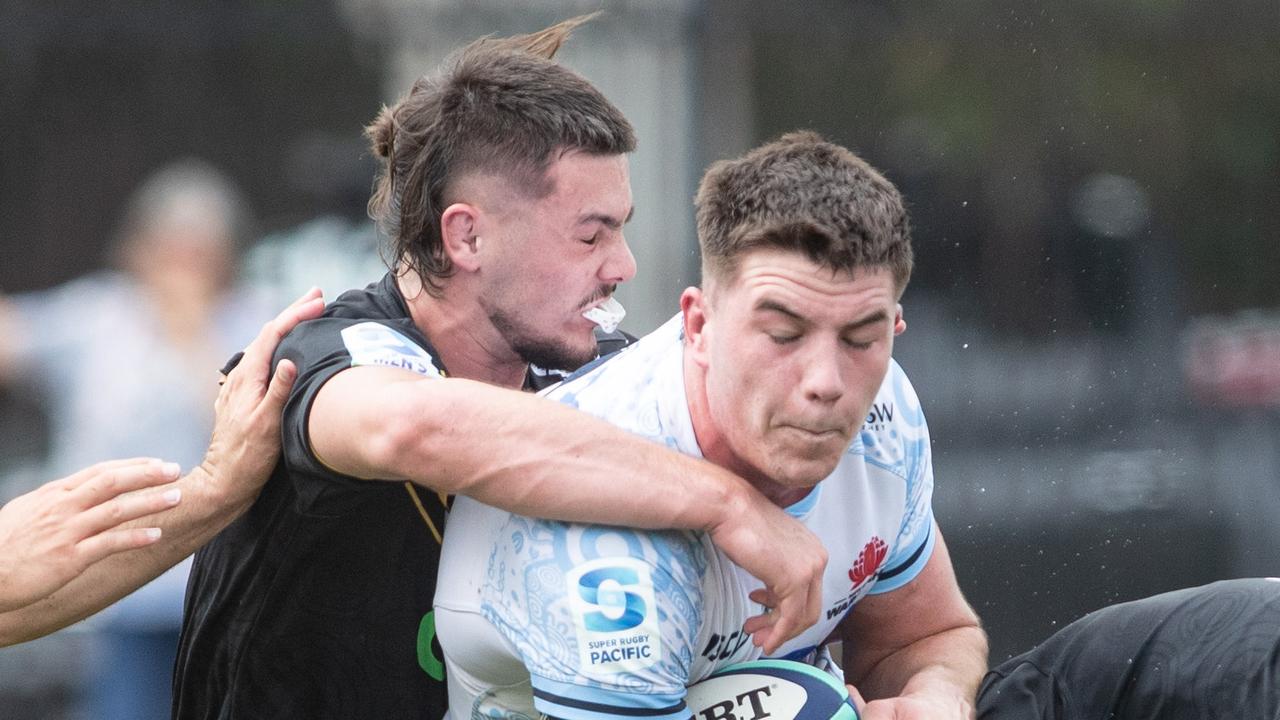
We have all seen some great Test match performances in our time – and then there was Ireland v the All Blacks last weekend.